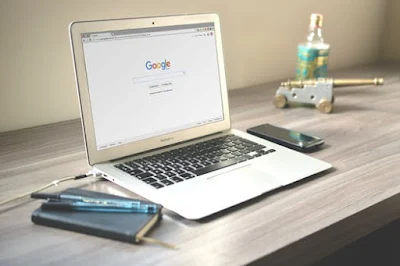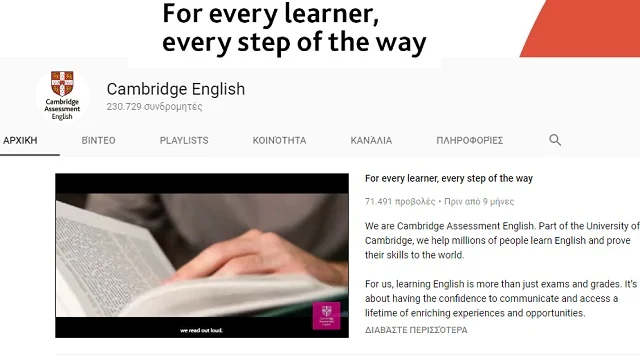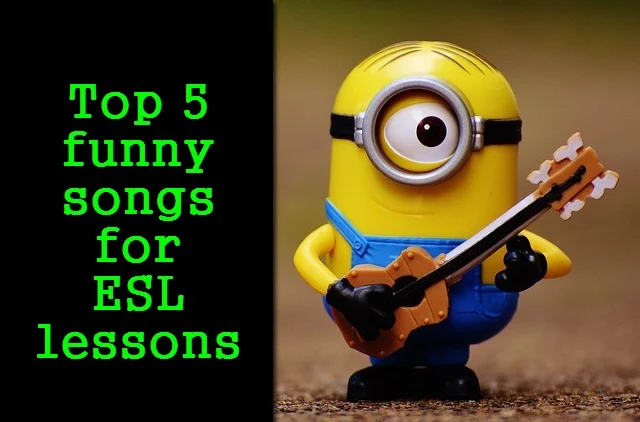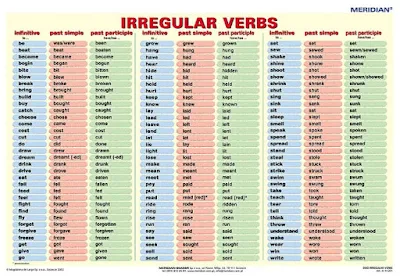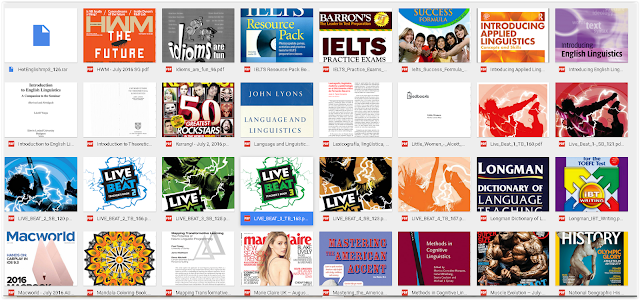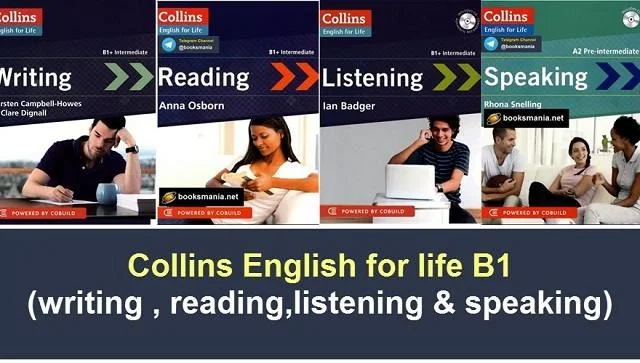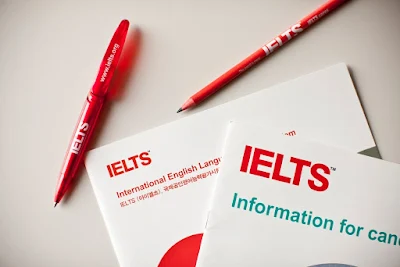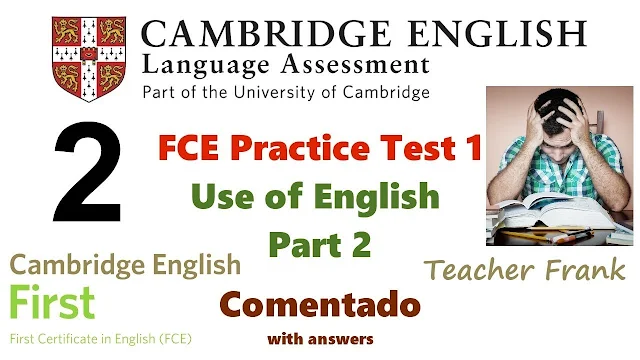Breaking News
[recent][newsticker]
2018
Magazine for learners of English
ELM – issue 1
The first issue is about sports. There are several vocabulary exercises where students can learn the names of various sports. There are several texts about famous sportspeople and about things connected with sport. Then there are several Grammar up exercises, too.
UPSR Bahasa Inggeris - Writing (Penulisan)
Exercise 1
Read the notes below and use the information to complete the text.
Based on the notes, complete the text below with the correct information.
Aluminium is the ___(1)___ to humans after iron. Every year more than ___(2)___ all over the world. The main reason aluminium is useful is because ___(3)___. Although it is soft and weak, adding metal such as copper makes ___(4)___. It is used in making __(5)___.
BAHASA INGGERIS - FORMAT SOALAN UPSR 2016
SECTION A /[10 marks] Exercise 1
Study the notes below and use the information to complete the text.
Study the notes below and use the information to complete the text.
Difference between DO and MAKE

To do vs To make

BASIC DIFFERENCE BETWEEN DO AND MAKE
- Use DO for actions, obligations, and repetitive tasks.
- Use MAKE for creating or producing something, and for actions you choose to do.
- DO generally refers to the action itself, and MAKE usually refers to the result. For example, if you “make breakfast,” the result is an omelet! If you “make a suggestion,” you have created a recommendation.
COMMON ENGLISH COLLOCATIONS WITH DO
HOUSEWORK
- do the housework
After I got home from the office, I was too tired to do the housework. - do the laundry
I really need to do the laundry – I don’t have any clean clothes left! - do the dishes
I’ll make dinner if you do the dishes afterwards.
(you can also say “wash the dishes”) - do the shopping
I went to the bank, did some shopping, and mailed a package at the post office.
EXCEPTION: make the bed = putting blankets, sheets, and pillows in the correct place so that the bed looks nice and not messy.
WORK / STUDY
- do work
I can’t go out this weekend – I have to do some work on an extra project. - do homework
You can’t watch any TV until you’ve done your homework. - do business
We do business with clients in fifteen countries. - do a good/great/terrible job
She did a good job organizing the party.
(in this expression, “job” doesn’t necessarily refer to work. It simply means the person did something well) - do a report
I’m doing a report on the history of American foreign policy.
(you can also say “writing a report”) - do a course
We’re doing a course at the local university.
(you can also say “taking a course”)
TAKING CARE OF YOUR BODY
- do exercise
I do at least half an hour of exercise every day. - do your hair (= style your hair)
I’ll be ready to go in 15 minutes – I just need to do my hair. - do your nails (= paint your nails)
Can you open this envelope for me? I just did my nails and they’re still wet.
GENERAL GOOD OR BAD ACTIONS
- do anything / something / everything / nothing
Are you doing anything special for your birthday?
You can’t do everything by yourself – let me help you. - do well
I think I did pretty well in the interview. - do badly
Everyone did badly on the test – the highest grade was 68. - do good
The non-profit organization has done a lot of good in the community. - do the right thing
When I found someone’s wallet on the sidewalk, I turned it in to the police because I wanted to do the right thing. - do your best
Don’t worry about getting everything perfect – just do your best.
COMMON ENGLISH COLLOCATIONS WITH MAKE
FOOD
- make breakfast/lunch/dinner
I’m making dinner – it’ll be ready in about ten minutes. - make a sandwich
Could you make me a turkey sandwich? - make a salad
I made a salad for the family picnic. - make a cup of tea
Would you like me to make you a cup of tea? - make a reservation
I’ve made a reservation for 7:30 at our favorite restaurant.
MONEY
- make money
I enjoy my job, but I don’t make very much money. - make a profit
The new company made a profit within its first year. - make a fortune
He made a fortune after his book hit #1 on the bestseller list. - make $_______I made $250 selling my old CDs on the internet.
RELATIONSHIPS
- make friends
It’s hard to make friends when you move to a big city. - make love (= have sex)
The newlyweds made love on the beach during their honeymoon. - make a pass at (= flirt with someone)
My best friend’s brother made a pass at me – he asked if I was single and tried to get my phone number. - make fun of someone (= tease / mock someone)
The other kids made fun of Jimmy when he got glasses, calling him “four eyes.” - make up (= resolve a problem in a relationship)
Karen and Jennifer made up after the big fight they had last week.
COMMUNICATION
- make a phone call
Please excuse me – I need to make a phone call. - make a joke
He made a joke, but it wasn’t very funny and no one laughed. - make a point
Dana made some good points during the meeting; I think we should consider her ideas. - make a bet
I made a bet with Peter to see who could do more push-ups. - make a complaint
We made a complaint with our internet provider about their terrible service, but we still haven’t heard back from them. - make a confession
I need to make a confession: I was the one who ate the last piece of cake. - make a speech
The company president made a speech about ethics in the workplace. - make a suggestion
Can I make a suggestion? I think you should cut your hair shorter – it’d look great on you! - make a prediction
It’s difficult to make any predictions about the future of the economy. - make an excuse
When I asked him if he’d finished the work, he started making excuses about how he was too busy. - make a promise
I made a promise to help her whenever she needs it.
(you can also say, “I promised to help her whenever she needs it.”) - make a fuss (= demonstrate annoyance)
Stop making a fuss – he’s only late a couple minutes. I’m sure he’ll be here soon. - make an observation
I’d like to make an observation about our business plan – it’s not set in stone, so we can be flexible. - make a comment
The teacher made a few critical comments on my essay.
EXCEPTION: Don’t say “make a question.” The correct phrase is “ask a question.”
PLANS & PROGRESS
- make plans
We’re making plans to travel to Australia next year. - make a decision/choice
I’ve made my decision – I’m going to go to New York University, not Boston University. - make a mistake
You made a few mistakes in your calculations – the correct total is $5430, not $4530. - make progress
My students are making good progress. Their spoken English is improving a lot. - make an attempt / effort (= try)
I’m making an effort to stop smoking this year. - make up your mind (= decide)
Should I buy a desktop or a laptop computer? I can’t make up my mind. - make a discovery
Scientists have made an important discovery in the area of genetics. - make a list
I’m making a list of everything we need for the wedding: invitations, decorations, a cake, a band, the dress… - make sure (= confirm)
Can you make sure we have enough copies of the report for everybody at the meeting? - make a difference
Getting eight hours of sleep makes a big difference in my day. I have more energy! - make an exception
Normally the teacher doesn’t accept late homework, but she made an exception for me because my backpack was stolen with my homework inside it.
Irregular Verbs List
This is a list of some irregular verbs in English. Of course, there are many others, but these are the more common irregular verbs.
Other ways to say "I am fine"
If you find yourself constantly saying, “I’m fine thank you, and you”, you might be surprised to find out that what you learned during your public school days isn’t the most natural way to greet someone. In fact, you may be giving the other person the wrong impression or even sounding rude.
Great English Vocabulary Books
While it’s true that English language learners have a plethora of resources available to them that will help increase the number of words they know, these books stand out because they’re specifically designed for these types of learners and approach teaching vocabulary in a creative way.
Travel English - Car Rental (Practice and Conversation)
Travel English - Car Rental (Practice and Conversation)
Renting a Car - Interactive English Lesson
Renting a Car - Interactive English Lesson
Free English Lesson - Renting A Car - How To Rent A Car in English
Sometimes we need to rent a car because ours isn't working, or we're away from home and don't have a car available. It could be a short-term rental or a long-term rental.
Talking About Your Car Problems - English Learning Lessons
English for Travel | How to Rent a Car
In this English lesson, I teach you the English vocabulary you need to rent a car. You just need to have some simple conversation skills and understand English a little bit, and you'll be enjoying your road trip in no time!
Travel English | English For Travel And Tourism - Car Rental
Travel English | English For Travel And Tourism - Car Rental
How to Rent a Car in the USA - English for vacation
Avoid the agent's sales traps and understand everything they say, with this practical video lesson on how to rent a car in the USA.
Learn vocabulary about CARS in English
Travel English - Car Rental
Subscribe to:
Comments (Atom)
Author Name
Powered by Blogger.


